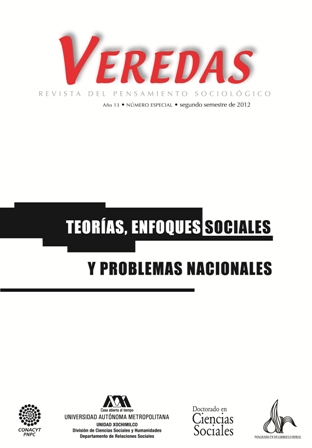Nominación rectoral universitaria en América Latina
Génesis y estructuras
Abstract
How do universities choose their presidents? How might Pierre Bourdieu’s sociology contribute to the development of research topics relevant to the political practices operating within the space of the university? Taking these questions as its starting point, this article seeks to propose an analytical perspective derived from Pierre Bourdieu’s sociology, effecting a rereading of research on the history of Latin American universities, which intersects with the issue of the nomination of presidents in relation to the university electoral colleges as structures of relations (of power and of reason) surrounding the political practices of the university population. Finally, the article seeks to direct itself to providing information on the overall increase in politics developed as part of the electoral maneuvers in the university, historically objectified in things and in bodies.





